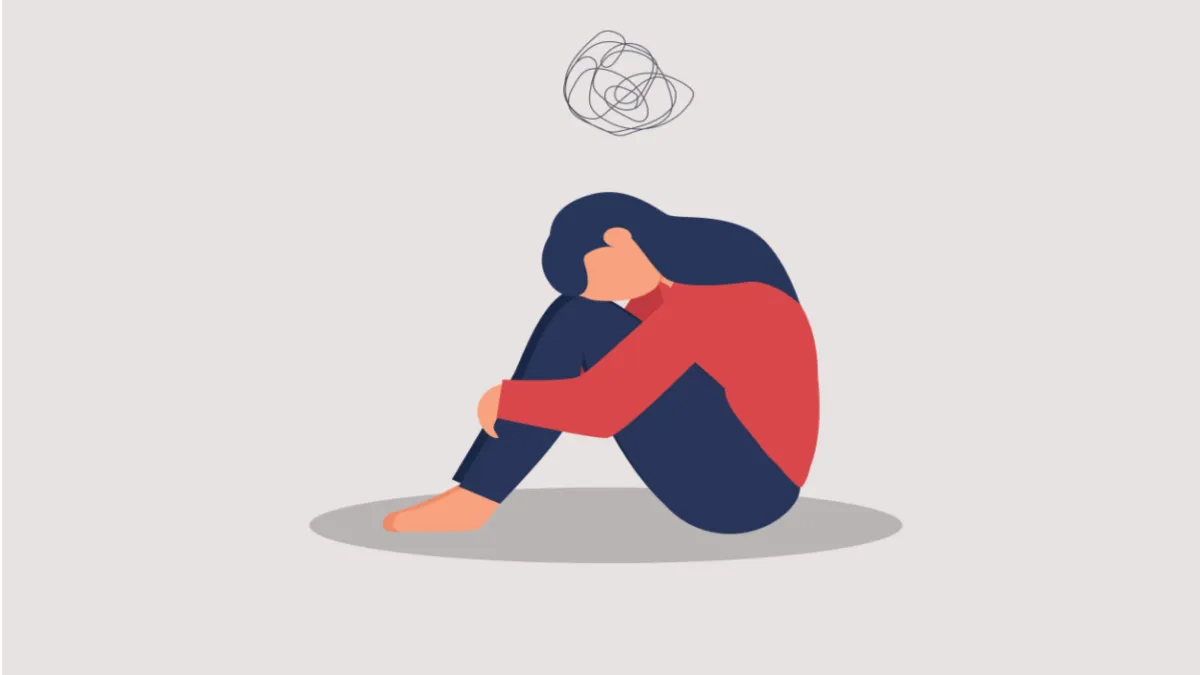6 Powerful Steps to Stop Binge Eating.

Binge eating can be a challenging struggle, especially during difficult times. I have personally experienced the depths of despair and the vicious cycle of binge eating.
However, I managed to overcome it and find happiness and well-being. Today, I want to share with you six powerful steps that were essential to my journey of stopping binge eating for good.
1. Realize there’s nothing wrong with you:

It's important to understand that binge eating is not a reflection of your worth as a person. It is often a way to cope with difficult emotions. Just like any other coping mechanism, it doesn't mean you are broken or destined to be that way forever. Recognize that it's natural to seek ways to feel better and be compassionate towards yourself.
2. Reattach your head to your body:
Many of us disconnect from our bodies and live in our heads. Practicing mindfulness, such as body scans, can help us reconnect with our physical sensations and emotions. By gaining control over our emotional responses, we can make conscious choices and decide whether to listen to the urges to binge eat.
Action step: Start with a daily body scan practice. Begin with a few minutes and gradually increase the duration over time.
3. Shift your self-worth:
Binge eating often intertwines with negative body image and excessive focus on appearance. It's crucial to diversify your self-worth beyond physical attributes. Identify what truly matters to you in life, such as being a good friend, parent, or pursuing your passions. Focus on the process of becoming the person you want to be rather than solely fixating on external factors.
Action step: Reflect on your values and the legacy you want to leave behind. Remember that your worth goes beyond your physical appearance.
4. Find the diamonds in the turd:
Instead of fixating on your binge eating episodes, recognize the times when you don't feel the urge to binge. Explore patterns and triggers that contribute to your binge episodes. By understanding your behavior, you can focus on the actions that help you and limit those that don't.
Action step:Keep a tally chart of your thoughts about food throughout the day. Identify the situations and activities where you feel more or less prone to binge eat.
5. Stop restricting:
Studies have shown a strong correlation between dieting and binge eating. Allow yourself to eat any food, at any time, without guilt or restriction. By nourishing your body and satisfying your cravings, you can break the cycle of deprivation and dissatisfaction.
Action step: Give yourself permission to eat without restrictions. Practice mindful eating, focusing on the sensations and enjoyment of food.
6. If you do binge, follow these three steps:
Accept that slip-ups are part of the learning process. Forgive yourself immediately, become curious about what triggered the binge, and prioritize self-care. When you feel hungry again, eat a balanced meal without overthinking or restricting. Embrace the opportunity to listen to your body's natural hunger signals.
Step 1: Accept and Forgive Yourself
Accept that slip-ups and setbacks are normal in the learning process. Forgive yourself for the binge episode, acknowledging that it was a challenging moment. Remember that you're human and learning, just like everyone else. Practice self-compassion by extending understanding to yourself and letting go of self-judgment or guilt. Embrace the opportunity to grow from this experience.
Step 2: Be Curious and Identify Triggers
Approach the aftermath of the binge episode with curiosity. Explore the underlying factors that contributed to overeating, such as stress, emotions, negative thoughts, or specific situations. Reflect on the circumstances and identify patterns or triggers. Gain insight into emotional and environmental factors. Use this self-awareness to learn and develop strategies to cope with similar triggers. Prioritize self-care to nurture emotional well-being.
Step 3: Eat a Balanced Meal without Overthinking or Restricting
Wait until genuinely hungry before your next meal. Respond to your body's natural hunger signals. Create a balanced meal with vegetables, protein, carbohydrates, and healthy fats. Avoid overanalyzing or restricting food choices. Focus on nourishing your body and providing the fuel it needs. Practice listening to your body's hunger and fullness cues without judgment. Normalize eating patterns, treat yourself kindly, and develop a more intuitive approach to eating.
Remember, your journey to overcoming binge eating will take time and patience. Be kind to yourself, practice self-compassion, and celebrate your progress along the way. As long as you're breathing, there is more right with you than wrong with you. You have the power to create a healthier and happier relationship with food and yourself.